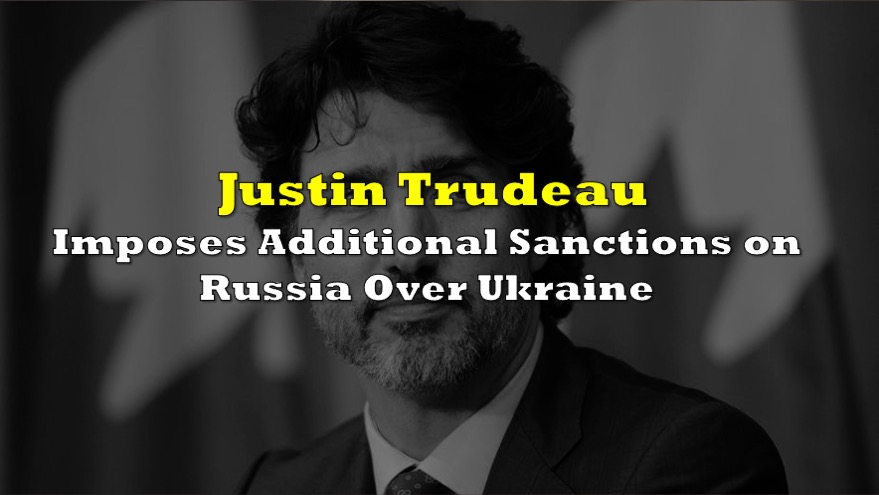The West’s campaign in choking Russia’s economy from the rest of the world appears to be backfiring. In fact, Washington’s myopic efforts are so poorly thought out, that the sanction sandwich it imposed against Moscow is slowly eroding away at the US dollar’s global dominance.
With western nations and the EU now shunning Russian commodities in an effort to minimize the amount of capital going into Putin’s war machine, other countries are seeing an opportunity to buy cheap imports from the post-soviet country. Since the beginning of the war in Ukraine, India has strategically ramped up purchases of Russian oil and coal, ultimately lessening Moscow from the blow of sanctions while also securing important raw materials at copious discounts.
According to customs documents seen by Reuters, Russia was India’s third-biggest supplier of coal as of July, with shipments increasing by more than one-fifth from the previous month to a record 2.06 million tonnes. To pay for the coal, India has been using other currencies to circumvent the US dollar and subsequent repercussions from western sanctions. At least 742,000 tonnes of coal imported from Russia in June was paid for with other currencies, including the yuan which accounted for 31% of the non-greenback payments, the Hong Kong dollar which equaled 28%, as well as the euro and the Emirati dirham, which made up 25% and one-sixth of the payments, respectively.
The US dollar accounts for the majority of India’s foreign reserves and has been the main currency used to pay for commodity imports. In order to conduct trade with non-US dollar currencies, lenders have to go through a labyrinth of steps, including sending dollars to banks located in the country of the currency’s origin in exchange for the currency required for trade. But, despite the complexity, traders are still increasingly distancing themselves away from the dollar.
Reuters cited traders located in India and the EU that purchase Russian coal on behalf of their domestic customers, who said they expect the share of non-dollar transactions for the commodity to rise as banks and other entities devise other ways of avoiding the negative impact of tightening sanctions.
Information for this briefing was found via Reuters. The author has no securities or affiliations related to this organization. Not a recommendation to buy or sell. Always do additional research and consult a professional before purchasing a security. The author holds no licenses.









